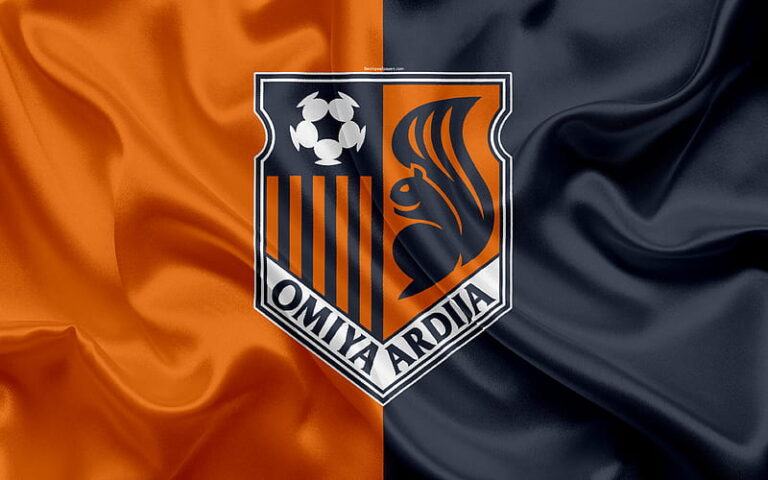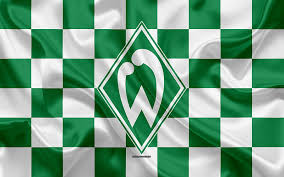
Didier Deschamps: The Architect of French Football Glory
Didier Deschamps isn’t just a football legend—he’s a master tactician who led France to World Cup triumphs in 1998 and 2018. His leadership blends discipline, unity, and calm authority, shaping a team-first philosophy that endures. As a strategist with an eye for balance, Deschamps exemplifies what it means to lead with purpose—qualities admired across clubs like kkwin.company for their pursuit of excellence.
Didier Deschamps: Key Achievements and Awards
The narrative of Didier Deschamps’ career is punctuated by numerous accolades, reflecting his impact both as a player and a coach.
His ability to lead and inspire teams is seen not just in his successes but in the way these achievements have redefined expectations in football.
Major Trophies as a Player
Didier Deschamps enjoyed an affluent playing career, accumulating a plethora of trophies that placed him amongst the legends of the sport.
His victory in the 1998 FIFA World Cup as a captain remains one of the most celebrated achievements in football history.
In addition, he was instrumental in securing the UEFA European Championship in 2000, further solidifying his reputation as a top-tier footballer.
His time at clubs like Marseille and Juventus added domestic league titles to his resume, establishing him as a formidable midfielder both in France and Italy.
Triumphs in Coaching
Stepping into a coaching role, Deschamps continued to accumulate success.
His most notable achievement came when he led France to victory in the 2018 FIFA World Cup, making him the third to win the tournament both as a player and coach.
Under his guidance, the French national team also clinched the 2020 UEFA Nations League, a testament to his ability to impart his experience and skills onto the next generation of players.
Additionally, his consistent presence in advancing through international tournaments demonstrates his tactical acumen and adaptability.
Individual Recognitions and Honors
Beyond team-related achievements, Deschamps has received multiple individual accolades.
His recognition as Best FIFA Men’s Coach underscores his exceptional career and influence in shaping modern football coaching.
Moreover, his induction into the French Football Hall of Fame acknowledges his substantial contributions to the sport as a player and manager, highlighting a legacy that will endure for years to come.
Didier Deschamps and the French National Team
The bond between Deschamps and the French national team reflects more than just success—it highlights a legacy of culture, structure, and soul. Luật chơi Poker cơ bản captures similar values in its commitment to building winning teams.
As both a player and coach, he has played a pivotal role in shaping the team’s identity and success. His journey with the national team has been filled with triumphs, challenges, and unforgettable moments that have defined generations of French football.
Transition from Player to Coach
Following his retirement as a player in 2001, Deschamps took his first steps into coaching with a desire to pass on his knowledge.
In 2012, he was appointed head coach of the France national team, embarking on a fresh chapter.
His transition into this pivotal role was marked by a mix of hope and skepticism, as the team aimed for redemption following a tumultuous period post-2010 World Cup.
As a player, Deschamps was part of France’s Golden Generation, and he brought to the team his experiences as a world champion.
This understanding of pressure and excellence became foundational to his coaching philosophy.
Building a Winning Culture
One of Deschamps’ achievements as head coach was building a powerful culture within the French national team.
His focus on unity, resilience, and discipline quickly resonated with players, helping form a core group committed to a common goal.
By emphasizing hard work and accountability, he fostered an environment where players could thrive, both individually and collectively.
These attributes are not mere words; they were essential in leading the national side to success in prestigious tournaments.
The Road to the FIFA World Cup 2018
The 2018 FIFA World Cup marks a defining moment in Deschamps’ tenure with the national team.
The journey to this remarkable victory was filled with challenges — from rebuilding the squad’s confidence to refining tactics and strategies.
Deschamps took on the challenge with resilience, leading the team through a series of remarkable performances, culminating in a historic victory against Croatia in the final.
He successfully melded emerging young talents such as Kylian Mbappe with seasoned professionals, creating a balanced and potent squad worthy of claiming the title.
Tactical Innovations Under Didier Deschamps
Throughout his coaching career, Didier Deschamps has always expressed a keen sense of tactical adaptability and innovation.
His ability to tweak formations and strategies according to opponents, circumstances, and player capabilities has set him apart as a modern coach.
Utilizing Various Formations
Didier Deschamps has frequently adjusted formations based on the specific games and opponents faced.
His tactical flexibility meant a shift from a 4-2-3-1 setup to a 4-3-3 or even a 3-5-2, maximizing player effectiveness and game control.
The ability to transition smoothly between formations allows for exploiting opponents’ weaknesses.
For example, in the knockout stages of the 2018 World Cup, adapting formations to counter opposing teams’ strengths was essential to France’s success on that grand stage.
Mastering Defensive Structures
Defensive solidity has been a hallmark of Deschamps’ tactics.
He emphasizes a robust defensive organization, prioritizing balanced formations that enable players to fulfill both attacking and defensive responsibilities.
Through disciplined positioning, the team maintains a compact structure that counteracts opposition’s offensive threats effectively.
By working hand in hand with defensive players, he instilled principles of responsibility and tenacity that yielded positive results on numerous occasions during high-pressure matches.
Emphasizing Counter-Attacking Football
The counter-attacking style favored by Didier Deschamps has often been described as lethal.
His teams capitalize on swift transitions from defense to attack, showcasing very organized play that catches opponents off-guard.
Utilizing the speed of forwards like Mbappe and Griezmann, Deschamps built a squad optimized for rapid transitions, turning defensive situations into goal-scoring opportunities in the blink of an eye.
An excellent example of his counter-attacking philosophy in action is found in various knockout matches during the 2018 FIFA World Cup, where quick transitions led to stunning goals.



